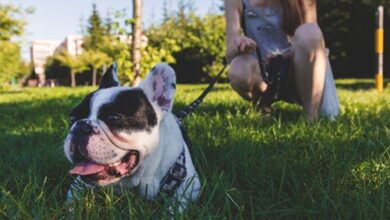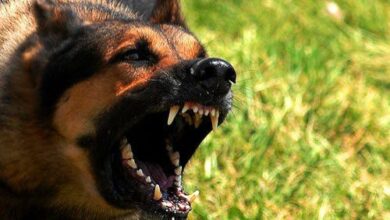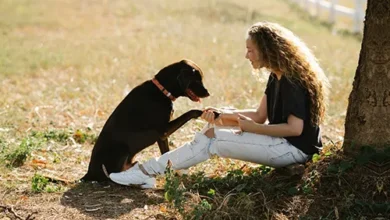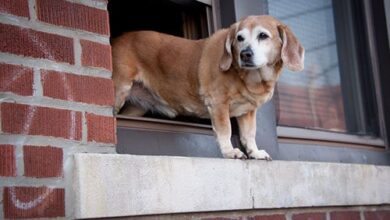How to train your puppy?
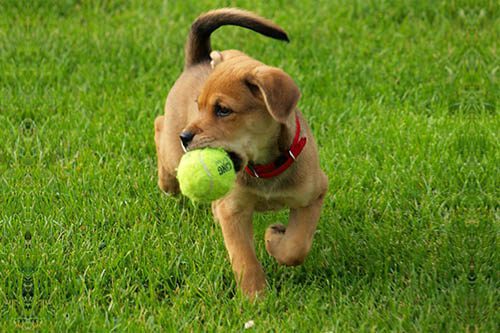

Puppy training requires time, patience and attention. It uses simple principles that every owner should know. Here are some tips and basics to incorporate.
Have you decided to adopt a puppy? We can only congratulate you, because dogs are great life companions. However, you must ensure their education early enough and in the best possible way so that the years you are destined to spend together will be happy for everyone.
Establish a clear hierarchy
As worthy descendants of the wolf, dogs are animals programmed to live in packs, within which a clear hierarchy is established; there is the chief and the other members, who follow him and submit to his authority.
At home, it’s a bit different. You are his master or mistress, but you should not act as pack leader as such. Confidence, affection and consistency are the key words to bring the puppy a good balance. He must feel important, be loved by all the members of his family without making him forget that he has rules to follow. Your education will therefore have the role of both setting a framework and strengthening the bonds of trust between the dog and the members of his family.
If your dog does not live in this climate of trust, he will not obey you and the cohabitation can go very badly. You will therefore have to review your method and your approach. A dog who learns very early to respect his owner and who has received a good education can only be an excellent companion, happy, fulfilled, well integrated into the family and even becoming a full member of it.
Be patient
You have to be extremely patient with puppies, the same way you have to be with human babies. Young dogs are just waiting to learn, but they have to be given time to integrate all these new things which, for some, go against their nature: not doing their business anywhere, staying confined at home several hours a day, etc.
With work, understanding, and repetition of obedience drills, results will eventually come.
Set boundaries and stay consistent with them
Your puppy will quickly need you to show him the limits not to exceed. This concerns in particular the actions towards other individuals, which he already learns as soon as he comes into the world alongside his mother and the other puppies of the litter.
During the first 8 weeks of his life with his biological family, he finds that he cannot jostle or bite others without causing a cry or a moan. He learns little by little that he can hurt or that he can be hurt, hence the importance of avoiding too early weaning.
Later, at home, he should know that certain things should not be done, such as urinating inside, jumping on guests or begging for food when you are at the table. When a firm “no” is opposed to it in these situations, it must not turn into a yes the next day. Consistency must be required in orders and prohibitions. Otherwise, it will confuse the dog’s mind and promote the development of undesirable behaviors.
Reward him when he obeys
Most specialists agree that, among dog training methods, positive reinforcement is the most effective. It is about emphasizing the actions correctly carried out by the dog by encouraging and rewarding them, rather than systematically punishing him when he is wrong.
Your main assets during the education of your puppy are therefore encouragement and treats (kibbles, dog biscuits, pellets, etc.), to be given to him only when he acts in the expected way. Your companion will perform with enthusiasm and pleasure, knowing full well that he will have a great time doing it.



